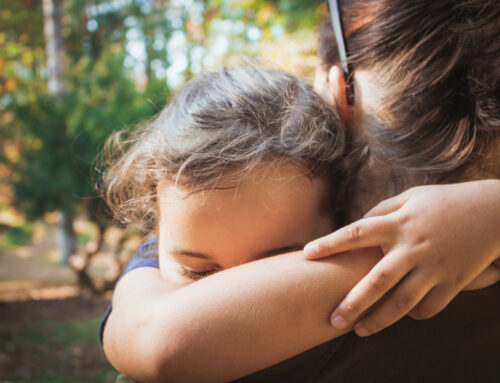Identifying Signs of Abuse in Victims of Domestic Violence
Abuse deeply impacts individuals, significantly altering their mental, physical, and emotional health. Recognizing the signs of abuse is critical in offering support, intervening where possible, and seeking help. In this article, we’ll delve into the various signs of abuse and how it affects individuals, alongside highlighting key signs to watch out for, to aid others or protect oneself.
Abuse ranges from physical, emotional, sexual, financial, and other forms. Physical signs of abuse might include unexplained bruises, cuts, or injuries, often dismissed or attributed to “accidents.” Emotional and psychological effects can be more insidious, with victims displaying signs of anxiety, depression, low self-esteem, or PTSD.
The impact of abuse extends beyond the immediate physical or emotional harm. For example, domestic violence survivors might experience social isolation, as abusers often attempt to control and limit their interactions with friends and family. This isolation can exacerbate feelings of helplessness and despair. Financial abuse can leave victims economically dependent on their abusers and unable to see a way out of their situation. Domestic violence has profound negative effects on not only the individual, but the family unit as well.
Recognizing Signs of Abuse
Identifying abuse in others requires vigilance to both physical signs and behavioral changes. Signs of domestic violence include:
–Unexplained bruises or injuries: Frequent bruises, cuts, or marks that the person tries to hide or explains away as accidents.
–Sudden change in behavior or mood: Drastic changes in personality, such as becoming withdrawn, depressed, or anxious, particularly without a clear reason.
–Increased isolation from friends and family: Skipping out on work, school, or social outings frequently for no clear reason.
-Fear of a specific person: Noticeable anxiety, fear, or submission in the presence of a specific individual. This can also manifest as constantly checking in with a partner or being overly worried about pleasing a partner.
-Wearing inappropriate clothing for the season: Such as wearing long sleeves or turtlenecks in hot weather, potentially to cover up bruises or scars.
-Financial: Never having money on hand or suddenly leaving a job.
Helping someone you suspect is being abused involves approaching the topic with sensitivity and without judgment. Offer your support, listen attentively, and suggest professional help or resources like domestic violence services. Find out more about how to support domestic violence survivors here.
Find Support at My Sister’s Place
For those impacted by abuse, seeking support is a critical step toward recovery. My Sister’s Place (MSP) offers a lifeline, providing comprehensive services for survivors of domestic violence. Our mission is to end domestic violence and empower survivors to live independent, violence-free lives. We offer shelter, resources, and support for victims of domestic violence — and their children — in the DC area. Call the DC Victim Hotline today to be connected to our services: 1-844-443-5732
We also provide leadership and education to help build supportive communities. Donate today or email us about setting up domestic violence training in your community. Help us break the cycle of domestic violence and create a safer, more compassionate world for future generations.
If you or someone you know is suffering from abuse, take the first step to get help today.



